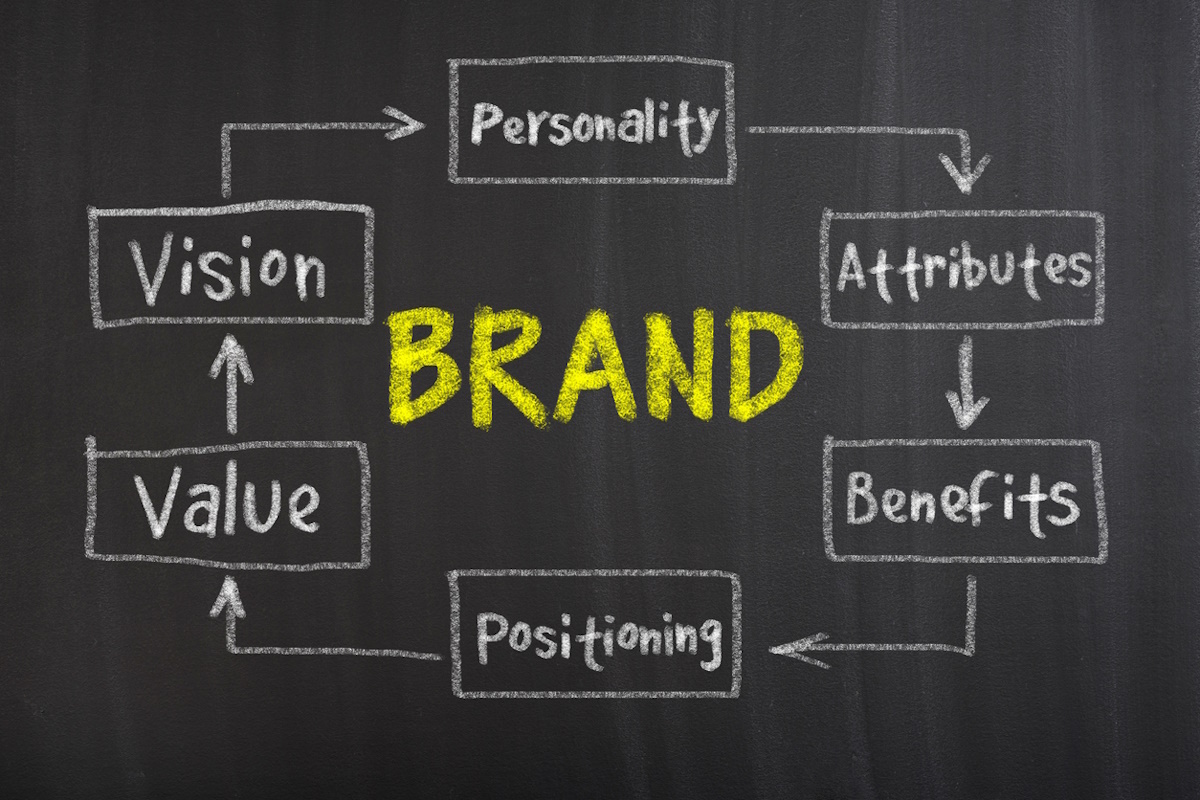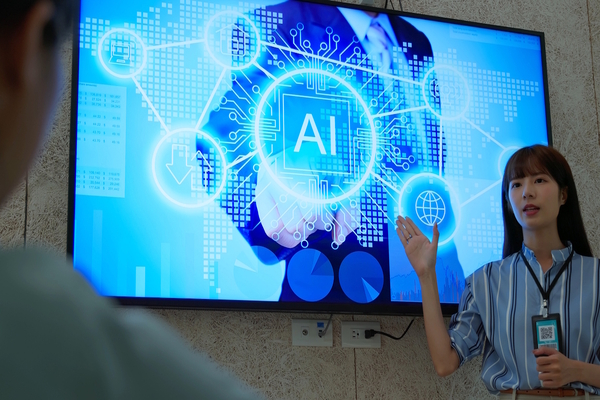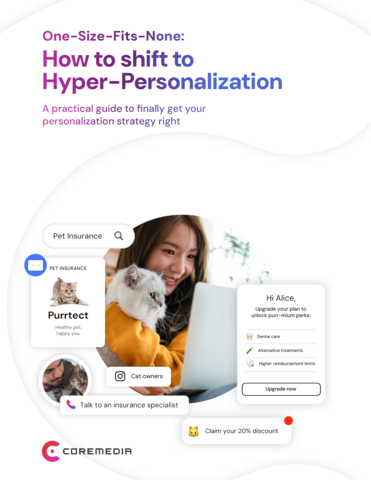Using AI to build your brand? Be ready to fill the gaps

Kurt Kretten at Marks argues that generative AI is incapable of addressing the need for brands to be consumer first: CEOs and CMOs should look beyond the hype about AI and remember what makes a successful brand
AI is capable of nearly anything when it comes to brand building – if the latest headlines are to be believed. From an AI-created beer brand to wild brand mash-ups or a perfect brand logo, do we even need humans anymore?
But if we think about what makes a successful modern brand, it becomes clear that the headlines are more red herring than reality. Some of the key characteristics of the best global brands could never be engineered through AI alone.
A good brand starts with consistency. Holding true to your mission and values and speaking to those on a consistent basis is crucial if you want people to buy into your brand. Generative AI can certainly support in this. It can learn how your brand works, how it needs to show up and gives you the ability to nurture consistency.
What makes a good brand great, however, is its ability to disrupt. It needs to be always innovative. It needs to make people feel like they belong to something fresh and relevant. If you’re merely consistent all the time, you quickly become boring – or you take your place as one of those classic heritage brands that invoke a nostalgic smile but don’t score on relevance.
That disruptive spirit is a massive gap that AI can’t fill. It can learn how to ‘do your brand’ well, but it can’t ‘do the new’. It’s an aggregator, it does iteration, yet it can’t imagine.
Understanding culture
Also, to be disruptive in the right way rather than just for the sake of it, you need to understand culture. You need to know what conversations are happening, and then see around corners, so that when you do pivot and try something else, it feels authentic and resonates with people.
Brands need to be more courageous in how they operate. It’s a mindset, and what AI can’t do is understand a mindset. It won’t be able to make that leap for you.
For example, AI can’t understand – or help you understand – weird cultural phenomena, such as the rise of BORGs on college campuses, quiet quitting or the loss of trust in our institutions. It can bring those movements or trends to the surface. It can help you provoke conversations, get there faster, but you still need the human element, to be able to add one plus one and equal five.
This is particularly important when it comes to global nuance. Local markets have moved away from the blanket adoption of global brands that spread without thought for local context or interpretation.
Generative AI doesn’t deliver on those cultural and regional nuances – it tends to go for the most common denominator. For example, in 2018, Amazon had to scrap a secret AI recruiting tool, because it showed bias against women. Or more recently, a list of AI-generated Barbies from ‘every country’ got blasted for showing racial and cultural stereotypes and inaccuracies.
AI will never be able to give you the intel that a person on the ground can. It can’t saunter down the local streets and visit the local shop or bar. You need the filter, that human element, to curate.
AI as a tool, not an outcome
That’s the key. AI is a tool. It should never be the outcome, it is the enabler, the provider of efficiencies.
That’s what makes the technology exciting when it comes to brand building. CMOs should look past the hype and embrace AI as part of the process to help them test and learn, to innovative quicker, with more ideas.
Traditionally, a CMO might be stuck with an idea presented to them. Time and cost usually limit the ideas that can be presented in an efficient way by agency partners. Through applications like Midjourney, Runway and Create-a-tron, AI allows people to see, create and present ideas so much faster, in so much more detail than we ever could before.
With that ability to ideate and visualize more differentiated concepts, there is the opportunity to allow partners to contribute further upstream in the creative process. AI allows us all to play and create together in the same sandbox.
But marketers need to embrace the messiness that comes with this new way of working. It will mean a move away from the linear process of ‘client issues a brief, designer goes away and comes up with a few concepts, client picks one’. It might make CMOs nervous, but it’s where the creative culture needs to be.
Letting go of perfection
Ultimately, that process suits the modern consumer. Nobody wants perfect anymore. People want authentic experiences; they want to see how the sauce is made. They don’t have expectations that everything is curated and manicured. Brands need to be provoking conversations and seeing where they lead.
AI can play a huge part in this. Brands need to build content at the speed of culture, and be able to listen, to pull insight, data and understand what’s going on faster. The best brands in the world have whole war rooms for social listening. AI can help level the playing field – it can curate and pull in some of that insight – if you ask it the right questions.
Therein lies the ultimate challenge. To get the most out of AI you must be both open to risk, and really confident that you have the checks and balances in place to use it well. A business will always need real, smart and culturally connected human beings that govern the ultimate output.
If you have those to rely on, AI will be the great enabler, but building a truly modern and relevant brand that lives in culture and constantly excites, all at the push of a button? That’s something AI will never be able to deliver.
Kurt Kretten is Global Chief Creative Officer at global creative platform Marks
Main image courtesy of iStockPhoto.com

Business Reporter Team
Most Viewed
Winston House, 3rd Floor, Units 306-309, 2-4 Dollis Park, London, N3 1HF
23-29 Hendon Lane, London, N3 1RT
020 8349 4363
© 2025, Lyonsdown Limited. Business Reporter® is a registered trademark of Lyonsdown Ltd. VAT registration number: 830519543





